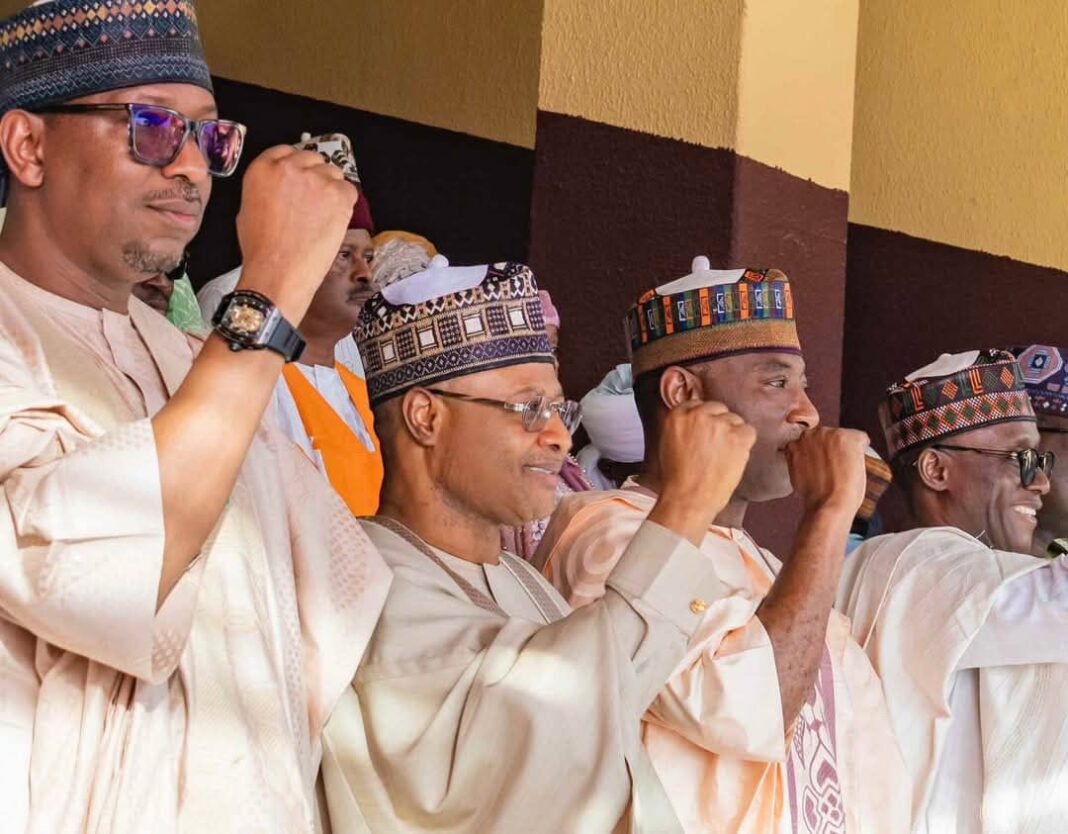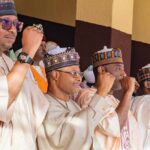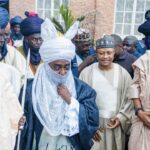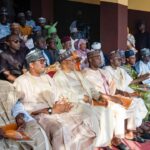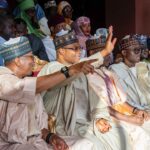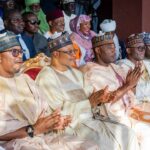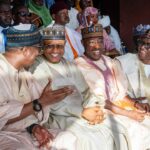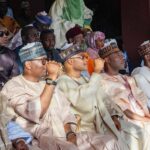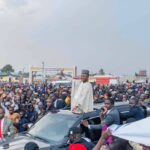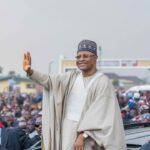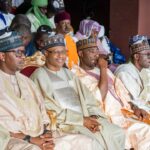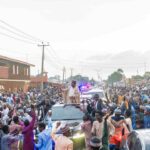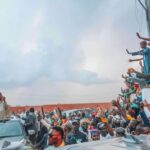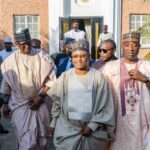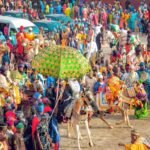ZARIA, Kaduna State — Against the backdrop of this year’s Eid-El-Kabir celebrations, the ancient city of Zaria came alive with cultural splendour as it hosted the world-renowned Durbar Festival, specifically the Hawan Daushe—a majestic procession held two days after Eid to honour the Emir and reaffirm the Islamic spirit of unity and sacrifice.
Graciously hosted by His Highness, Ambassador Ahmed Nuhu Bamalli, the 19th Emir of Zazzau, the festival brought together nobles, traditional titleholders, tourists from around the world, and throngs of excited citizens. Kaduna State Governor Uba Sani, who served as guest of honour, received a rapturous welcome from the people of Zaria who turned out in their thousands to cheer and hail him as the “people’s governor.”


A Living Heritage
The Durbar Festival is one of the oldest surviving cultural practices in Nigeria, tracing its origins to the military pageants of the pre-colonial Hausa emirates. What began as a cavalry parade to show strength and allegiance to the Emir has evolved into a colourful cultural celebration of identity, royalty, and religion.
The Hawan Daushe has particular historical resonance in Zaria. It commemorates Daushe, a revered palace servant during the reign of Emir Muhammadu Makama Dogo, who was honoured with a horseback ride. The event has since symbolised inclusion, service, and the enduring bonds between the throne and its subjects.
Islamic Connection and Spiritual Significance
The Durbar is deeply linked to Islam. It is timed to coincide with Eid-El-Kabir (Eid al-Adha)—the “Feast of Sacrifice,” which honours Prophet Ibrahim’s (Abraham’s) submission to God. The Emir leads Eid prayers in the city before embarking on the procession, reflecting both his spiritual and temporal leadership.
In this context, the Durbar embodies obedience, loyalty, and faith in divine will—principles central to Islam. The Emir’s procession through the city is not merely ceremonial; it is a reaffirmation of the sacred covenant between leaders and the led, under Allah.


This Year’s Celebration: Tradition in Full Glory
This year’s event featured more than 250 horsemen, adorned in rich embroidery, traditional turbans, and armed with symbolic spears. The Emir, riding in full regalia, led the majestic parade from his palace through the ancient streets of Zaria. Musicians played the kakaki (royal trumpet) and kalangu (talking drum), while dancers and praise singers filled the air with echoes of Hausa oral history.
Governor Uba Sani, accompanied by key state officials including Barr Yusuf Mairago,Chairman NINASA, Alh Lawal Smaila Kaita, Chairman NWDC, Commissioner of Local Governments Hon Sadiq Mamman Lagos, was warmly received at every juncture. The crowd chanted praises, with banners describing him as “Jagoran Talakawa” (Leader of the Masses). In his address, the Governor remarked:
“Zaria’s Durbar is a timeless symbol of unity and identity. It celebrates our history, our faith, and our strength as a people. We are committed to preserving this legacy for future generations while promoting it as a beacon of peace and cultural diplomacy.”

A Message to the World: Culture as Diplomacy
This year’s Durbar attracted over 20,000 visitors, including tourists, historians, diplomats, and media professionals from within and outside Nigeria. Hotels and local businesses reported increased bookings and trade activity, reinforcing the event’s growing economic and tourism value.
Cultural analyst Dr. Yusuf Haruna observed:
“Durbar is not just celebration—it is a bridge between civilizations. It gives the world a window into northern Nigeria’s intellectual, artistic, and spiritual wealth.”
Durbar Across the North: Zaria’s Unique Elegance
While other northern emirates like Kano and Katsina are also famed for their Durbar pageants, Zaria distinguishes itself with a more spiritual and regal tone. The Emir of Zazzau’s lineage, known for its Islamic scholarship and diplomatic poise, gives the Zaria Durbar an atmosphere of solemnity and grace.
Dr. G. Amiida Fraser, MFR, a Governance & Perception Management Consultant, Founder of the National Patriots & publisher of Headlinenews.news, commended the event, stating:
“The Durbar is more than heritage; it is a living dialogue between faith, culture, and leadership. In a world losing its roots, Zaria reminds us that true progress comes when tradition and modern governance walk hand in hand.”
The Emir’s Hospitality and the People’s Joy
Following the public procession, the Emir hosted a private reception at the palace where leaders, elders, and guests paid homage and reflected on the peaceful coexistence in the emirate. Community leaders praised both the Emir and the Governor for fostering unity and upholding tradition.
Malam Bashir, a respected elder, shared:
“The joy we feel today is not just because of the Durbar, but because we are being led by men who honour both God and culture.”
Conclusion
Zaria’s 2025 Hawan Daushe Durbar was not merely a festival—it was a reaffirmation of identity, faith, and leadership. In a time of national uncertainty and cultural erosion, the people of Zaria stood tall, riding proudly through history’s saddle, with their Emir at the helm and their Governor embraced in thunderous applause. This is not just heritage preserved—it is a legacy continued.
Headlinenews.news Special report.


